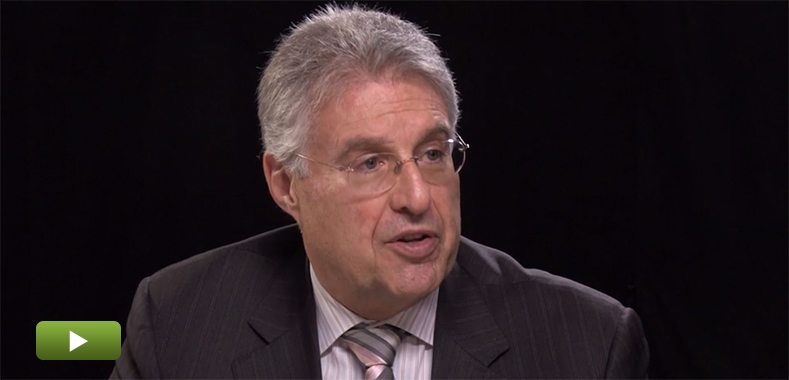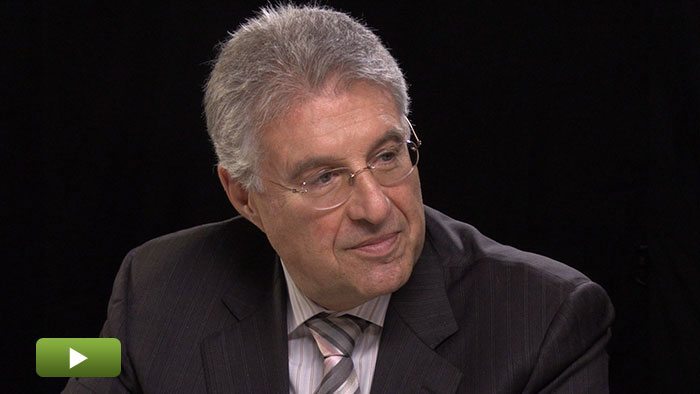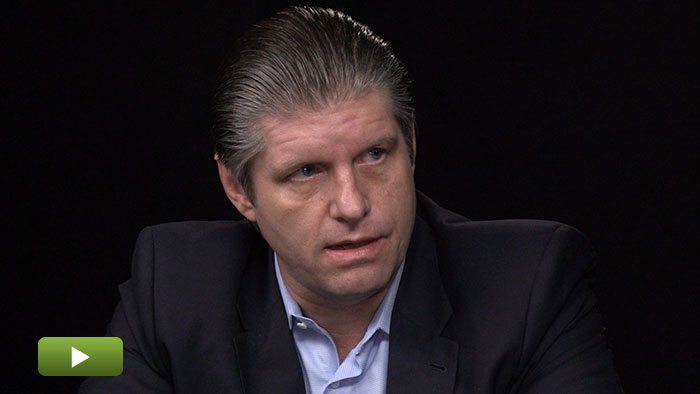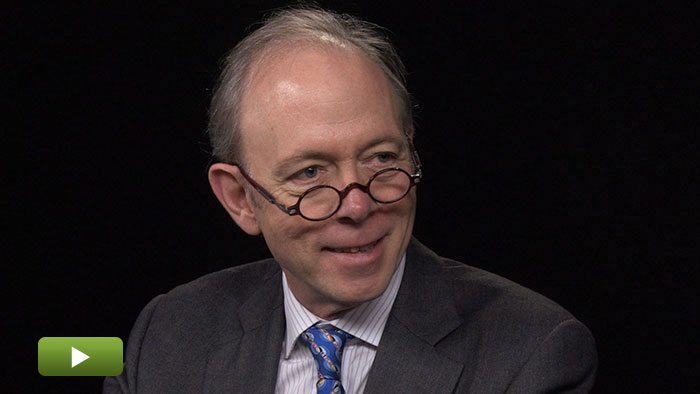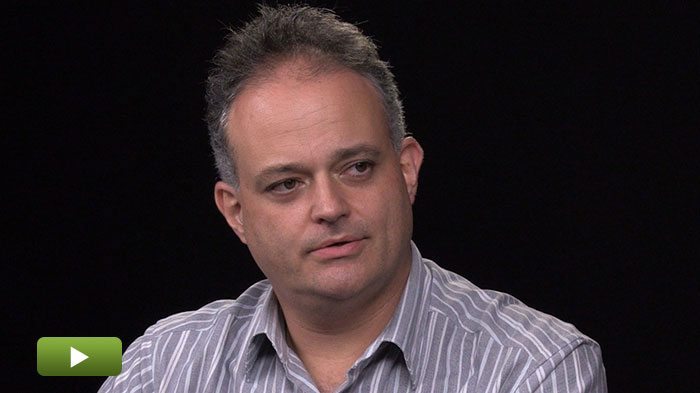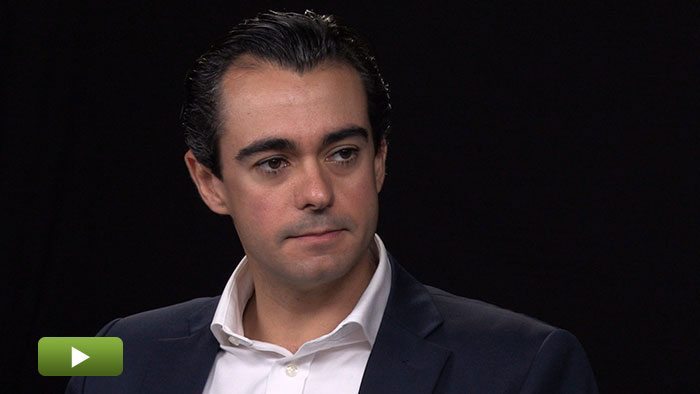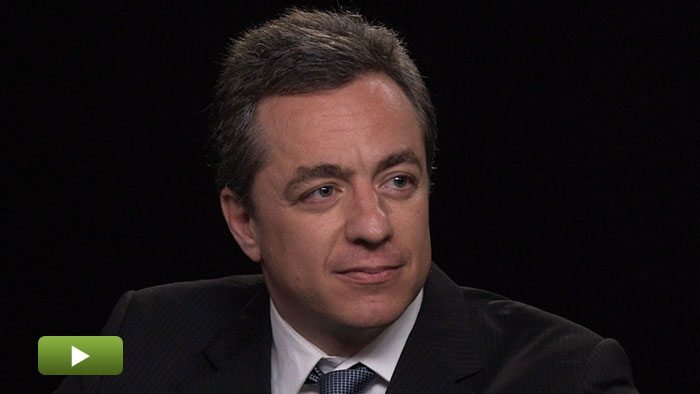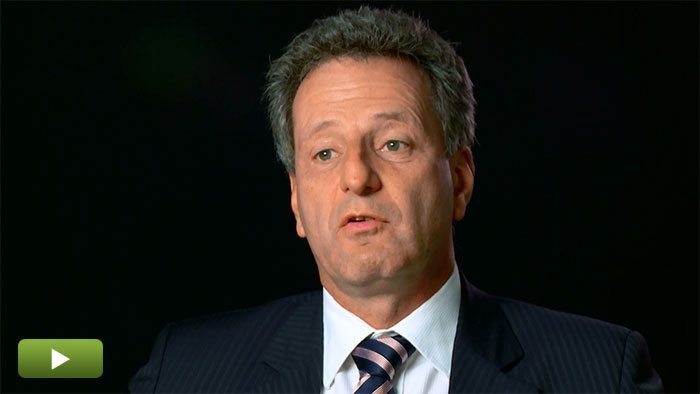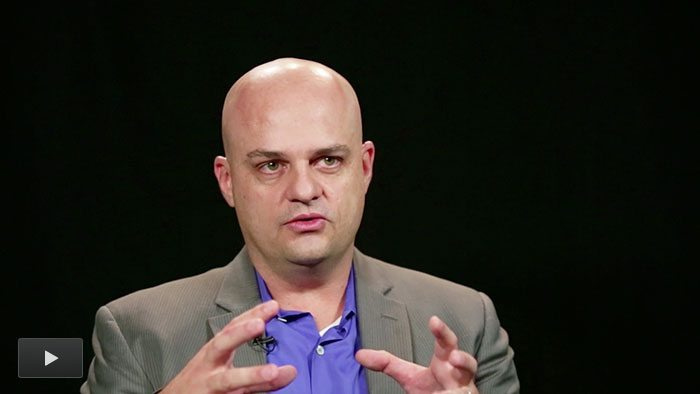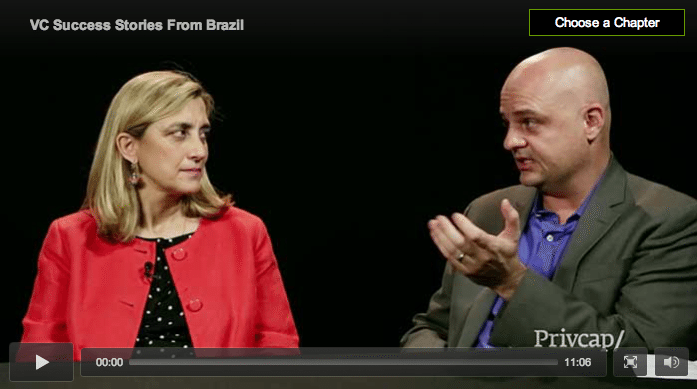Bringing PE to Small Brazilian Companies
Confrapar is unique in that it provides smaller-than-normal amounts of private equity to small, middle-market Brazilian companies, says the firm’s Carlos Eduardo Guillaume. He talks about Confrapar’s strategy, how the firm’s professionals source investments, and the network of senior advisors they work with.
Transcript Download Transcript
Bringing PE to Small Brazilian Companies
With Carlos Eduardo Guillaume of Confrapar
David Snow, Privcap: We’re joined today by Carlos Eduardo Guillaume of Confrapar. Welcome, Carlos, to Privcap. Thanks for being here.
Carlos Eduardo Guillaume, Confrapar: Thank you for having me.
Snow: You invest in Brazil. Your specialty is technology and I’m very interested in hearing about your strategy and how you see the Brazilian technology scene developing. Why don’t you start with the basic overview of your firm’s strategy?
Guillaume: Okay. Confrapar is a private equity fund manager. We invest in growth, capital companies within the range of $10 to $30 million in revenues. And, actually, we invest in those companies from specific sectors, which are education, healthcare, media and financial services.
Snow: It’s become very popular with the international institutional investors, but what do these investors need to understand about the technology sector in Brazil and the ability to make money investing there?
Guillaume: First of all, most investors got the idea that they have to come for the leaders of those industries, and they often go, but the strategy is to invest in the leaders and then consolidate the sector. We also go to the leaders of the industries, but we make different questions. We ask them, “Who is providing solutions, smart solutions, for your business?” They name eight or 10 mid-market companies, and that’s our target.
Snow: Talk about how you would source an investment or how you would start a platform for this style of investment that you pursue.
Guillaume: Yeah. That’s one strategy. Going to the leaders and asking them direct questions of who’s providing them the best solutions. Most times, these companies are under the radar for other funds. So, most funds in Brazil are doing consolidation even though they call themselves “growth.” They are consolidating their sectors. So, we have a real growth approach.
We came up with a strategy of creating a network of advisors in Brazil. These are senior people in the industry of technology, and also in the industries we invest in, which are education, healthcare and media. They are bringing us the deals. Let’s say IBM made a partnership with a small company, a mid-market company. It’s good for IBM that this company gets funded. It’s also good for the company and good for us, because we leverage on IBM’s name. So, that strategy has been working for us for some time.
Snow: Talk about the importance of the domestic Brazilian market, which is, of course, very large versus the importance of trying to build companies that can cross borders and win international business.
Guillaume: There was an emergence of middle class in Brazil last year. Actually, it’s been for 10 years now. But, last year, everyone saw protests in Brazil, especially in July, and those people were asking for better services. They were demanding high-quality services in education and healthcare. Those sectors are highly demanded and the productivity in Brazil is historically low. Back to your question where the companies are local or global—when we invest in the companies, they are mainly local. We even invest outside São Paulo; the main financial hub is São Paulo but many of the providers are still around universities or in the countryside, and when we bring those companies to São Paulo, they get more visibility. Then, we start to think of internationalizing those companies.
Snow: Can you talk about a recent investment your firm has made that is a good example of the kind of strategy you pursue?
Guillaume: Okay. We made an investment this month in a company that provides technology for logistics in the oil-and-gas sector. This company was sourced by our network, so not from those guys, but from one of our investors. We used to tend a lot of family offices investing and family offices are also a source of deals in Brazil because they are a reference to the entrepreneurs. They come to the family offices and asking for money and advice, so this family office just referred us this company. And this company didn’t think of having a board of advisors or a board of directors. So, we named one IBM director to the board of this company, and another director from a company from Houston here. Now that they have a director here in the U.S., they are able to actually become a global company.
Snow: So, it sounds like they were interested in partnering with you not just because you had capital, but because you could connect them with this—
Guillaume: Yeah, that’s true. We try to build that trust when we are analyzing the company, so they understand it’s not only capital. Actually, there are only a few funds doing that in Brazil right now in that middle-market area.
Brazil has a lot of funds and has become of interest for many international funds to invest and to deploy money into mature companies. So, when you take the private equity as a whole, you see that most funds are investing in consolidating sectors. They write a $100-million check, they had $50-million checks, but actually we are writing smaller checks—$5 to $10-million checks in the companies that are under the radar for those funds. And we are investing in companies that provide solutions for the leaders, not the leaders. So that, when we enter the companies, there is no competition for the assets. But, when you’re about to exit the company, there is a lot of interest in the companies we have invested in.


